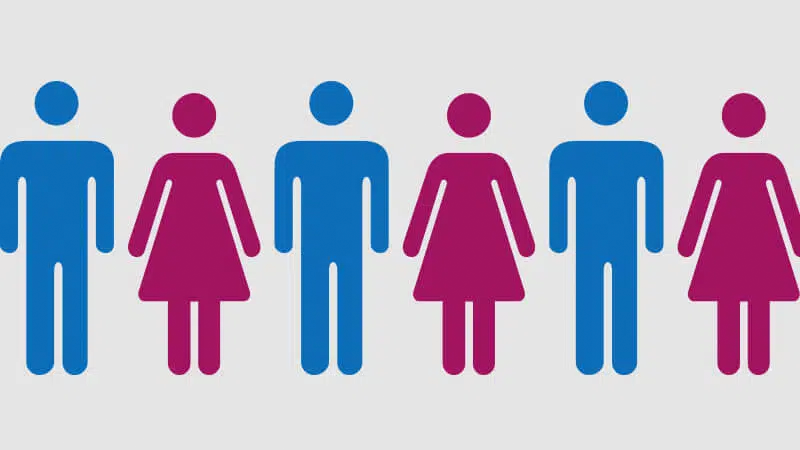Scottish trans Bill lawfully blocked by Westminster

A senior judge has ruled that the UK Government acted lawfully when it vetoed the Scottish Government’s self-ID gender law earlier this year.
Lady Haldane, presiding over Scotland’s Outer House of the Court of Session, said Alister Jack, the Scottish Secretary, was within his rights to block the Gender Recognition Reform (GRR) Bill in January.
The GRR Bill would allow Scots to self-identify their legal sex merely by signing a statutory declaration. The current requirement for a formal medical diagnosis of gender dysphoria was to be dropped, while the time period in which an adult must live in their ‘acquired gender’ was slashed from two years to as little as three months. The Bill also allowed 16 and 17-year-olds to change legal sex for the first time.
There was a massive backlash against the reforms after transgender predator Adam Graham was initially sent to a women’s prison after being convicted of rape. The debacle arguably contributed to the resignation of Nicola Sturgeon as First Minister.
Alister Jack rightly deemed the Bill to undermine UK-wide protections for women, including protection of female-only spaces, and vetoed it under a previously unused provision of the Scotland Act.
The Scottish Government challenged this decision, with senior lawyer Dorothy Bain KC arguing that Scotland’s self-ID system would have “no effect elsewhere in the UK” and no impact on UK-wide equalities laws. Lady Haldane disagreed, however.
First Minister Humza Yousaf is now considering whether to appeal to the Inner House of the Court of Session, Scotland’s highest civil court. Ultimately the case could be appealed to the UK Supreme Court. However, Mr Yousaf is already under fire for the cost of the action.
At C4M we welcome the ruling, having been alarmed at the original Bill and relieved when the Government vetoed it. Being male or female is much too important to allow people simply to declare themselves the opposite sex. Real marriage between one man and one woman is founded on the basic distinction between male and female. No one is served when this critical distinction is lost.
